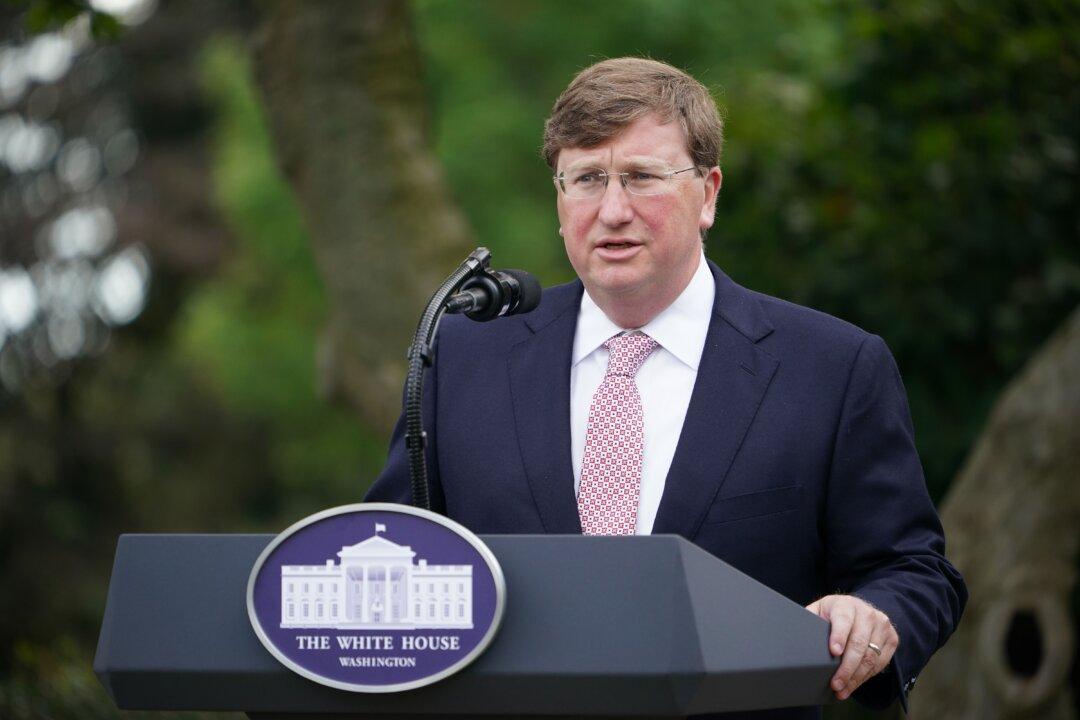Mississippi’s governor is calling for the state Legislature to ban critical race theory and related ideologies from taxpayer-funded classrooms.
“There has been a push from radical leftists across the nation to teach children a vicious lie: that this country is fundamentally racist and that your skin color makes you inherently racist,” Gov. Tate Reeves, a Republican, wrote in his Fiscal Year 2023 Executive Budget Recommendation (pdf).





